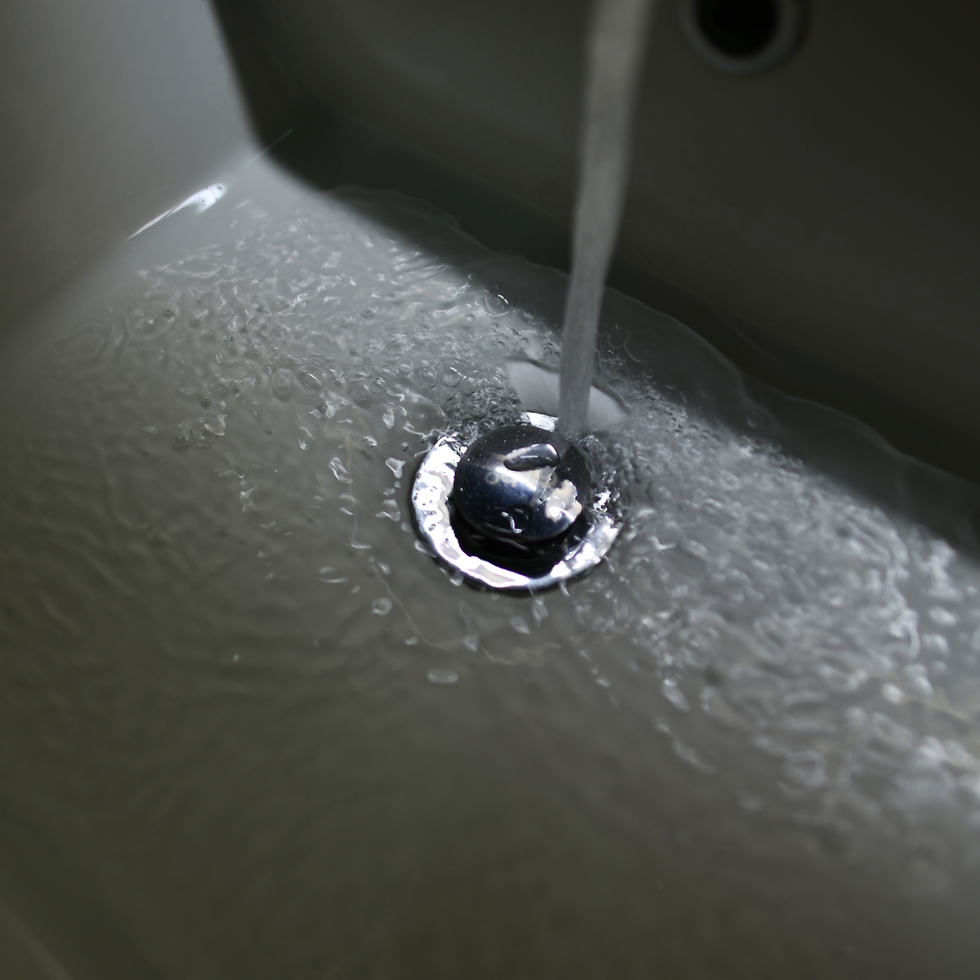How to Prevent and Fix Common Drain Blockages with Drain Cleaning
- Allstar Service & Repair

- Nov 28, 2024
- 4 min read
Updated: May 5, 2025

Dealing with clogged drains can be a hassle. Fortunately, many common drain blockages are preventable with the right care, and most can be fixed with simple tools. With regular home drain maintenance, you can keep your drain pipes clear and your plumbing flowing smoothly.
In this post, we’ll cover how to prevent drain blockages and share effective drain cleaning tips for both the kitchen and bathroom. Whether it’s food particles stuck in your sink or a clogged shower drain, we’ve got tips to help you avoid bigger plumbing blockages. Let’s get started!
1. Common Causes of Drain Blockages
Before diving into how to fix common drain issues, let’s look at what causes them. Knowing the culprits can help you prevent drain blockages in the first place. Common causes include:
Hair: This is a frequent cause of clogs in bathroom sinks and showers.
Food particles: Large pieces of food can clog kitchen sinks, especially when they get stuck in drain pipes.
Grease: Pouring grease or oil down the drain can solidify and block your pipes.
Toilet paper: Using too much toilet paper at once can clog your toilets.
These simple issues can lead to bigger problems like a clogged drainage system or sewer backups, so it’s important to address them early.
2. How to Prevent Drain Blockages
Home drain maintenance is the best way to avoid drain clogs. Regularly keeping your drains clean will prevent buildup and ensure your drain pipes stay clear. Here are a few tips:
Kitchen Sinks:
Use a strainer over your drain openings to catch food particles and prevent them from going down the drain.
Avoid pouring grease or fat into the sink; instead, let it harden and throw it away.
Run cold water before and after using the garbage disposal to keep the blades sharp and pipes clear.
Bathroom Sinks and Showers:
Use drain covers to catch hair before it enters your drain pipes.
Avoid using chemical drain cleaners as they can damage your plumbing over time. It’s better to use natural cleaning methods, like pouring boiling water down the drain occasionally.
By following these drain cleaning tips, you can significantly reduce the risk of common drain blockages and maintain a healthy drainage system.
3. DIY Methods to Unclog Drains
Even with the best practices, you may still encounter a clog. Luckily, there are several unclog drains DIY methods to try before calling in a professional plumbing service:
1. Plunger
A plunger is your first line of defense for many plumbing blockages. Whether you have a clogged sink, shower, or toilet, a plunger can often do the job.
2. Baking Soda and Vinegar
This natural solution can break down minor clogs. Follow these steps:
Pour half a cup of baking soda into the drain.
Follow with half a cup of vinegar and cover the drain.
After 15 minutes, flush with boiling water to help dissolve the clog.
3. Drain Snake
A drain snake is an effective tool to manually clear blocked drains. This long, flexible device can be inserted into your pipes to break up debris.
Using these drain repair solutions can help you avoid the cost of professional plumbing services and fix smaller blockages yourself.
4. Signs You Need Professional Sewer and Drain Cleaning Services
If your DIY efforts don’t clear the clog, it’s time to call a plumbing service for sewer and drain services. Some issues are too complex for home remedies, and trying to fix them yourself could lead to expensive repairs.
Here’s when to call a professional:
Recurring clogs: If your drains keep clogging, there may be a bigger issue with your drain pipes or drainage system.
Foul odor: If you smell a foul odor coming from your drains, it could mean a deeper blockage or even a sewer line issue.
Sewer backups: If water is backing up into your sinks or toilets, it’s a sign of a major plumbing blockage in the main sewer line.
A plumber will likely perform a sewer camera inspection to pinpoint the problem and offer long-term drain repair solutions. Whether it’s a blocked pipe, damaged sewer line, or buildup in your drains, professionals can provide the right fix to keep your system running smoothly.
5. Maintaining Your Drainage System for the Long Term
The best way to avoid clogs is to follow regular home drain maintenance routines. This keeps your pipes clear and helps you catch problems before they lead to expensive repairs. Here are a few additional tips for long-term care:
Pouring boiling water down your drains once a week helps clear out any buildup from soap, grease, or food particles.
Avoid using too much toilet paper at once, as it can clog your toilets and pipes.
Be mindful of what goes into your garbage disposal. Items like fibrous vegetables or bones can cause clogs.
Schedule a yearly sewer and drain service to inspect your pipes, especially if you live in older homes, where pipes might be more fragile.
Taking these preventative steps can help you avoid drain clogs and extend the life of your plumbing system.
Conclusion: Keep Your Drains Clear and Healthy
With regular home drain maintenance and smart drain cleaning tips, you can easily prevent drain blockages and keep your plumbing system running smoothly. Whether it’s using a plunger or a drain snake to clear blocked drains, or calling a professional for sewer and drain services, knowing when and how to act can save you from bigger plumbing blockages and expensive repairs.
For tougher problems or recurring clogs, reach out to a trusted plumbing service like Allstar Service & Repair. We offer expert sewer and drain services to keep your pipes in top condition. Visit www.allstarrepairutah.com for more information and to schedule an inspection today!



Comments